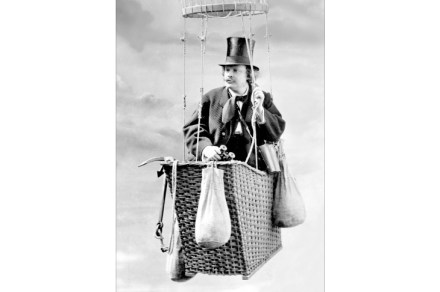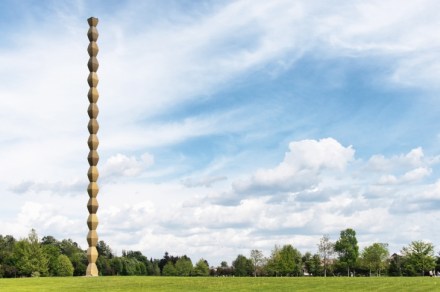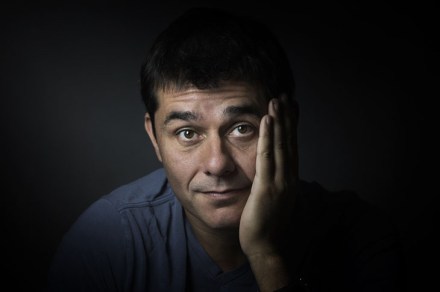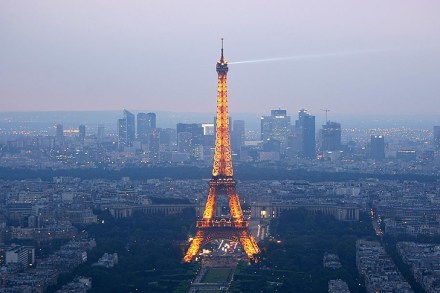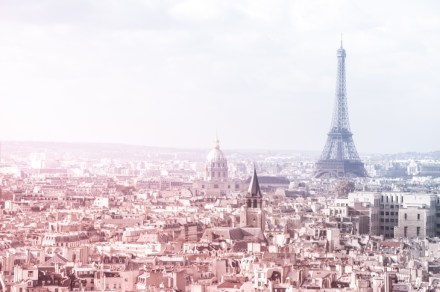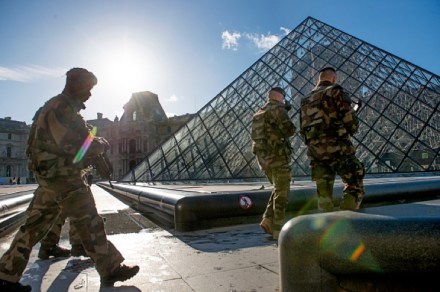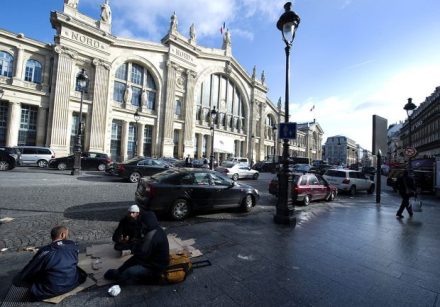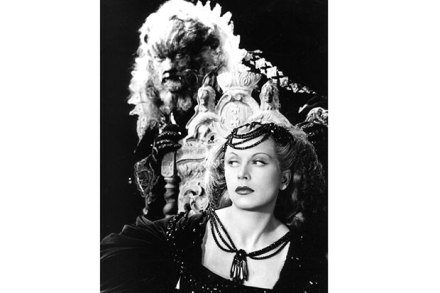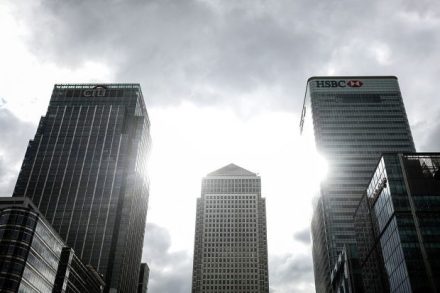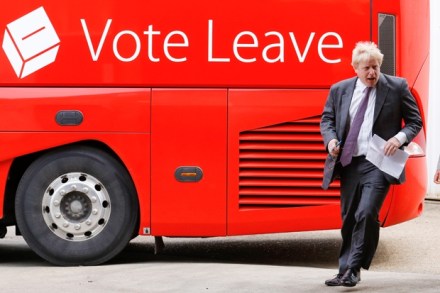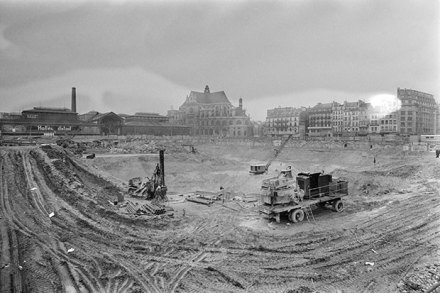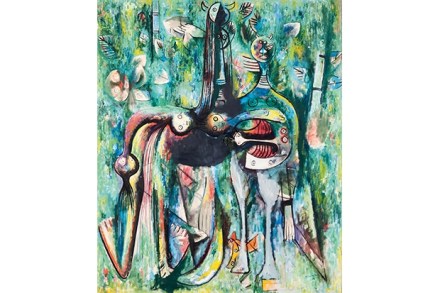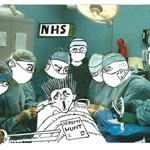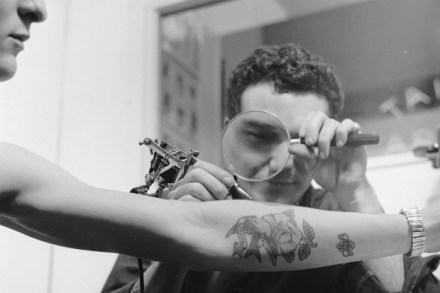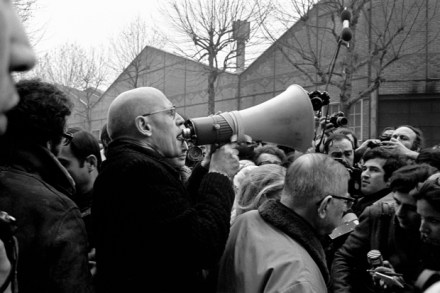The first celebrity
It’s quite a scene to imagine. A maniacal self-publicist with absurd facial hair takes off in what’s thought to be the biggest hot-air balloon the world has ever seen. Adoring crowds gather to watch the launch. He rises rapidly and sails off towards the clouds — but in due course the whole thing goes arse-up and he comes clattering to earth, narrowly escaping with his and his crew’s life. Never mind: the catastrophe is reported around the world and has made him even more famous than he was before. It was a ‘semi-unsuccess’. And within weeks he’s back planning another ascent in another giant balloon. As if to bear out
